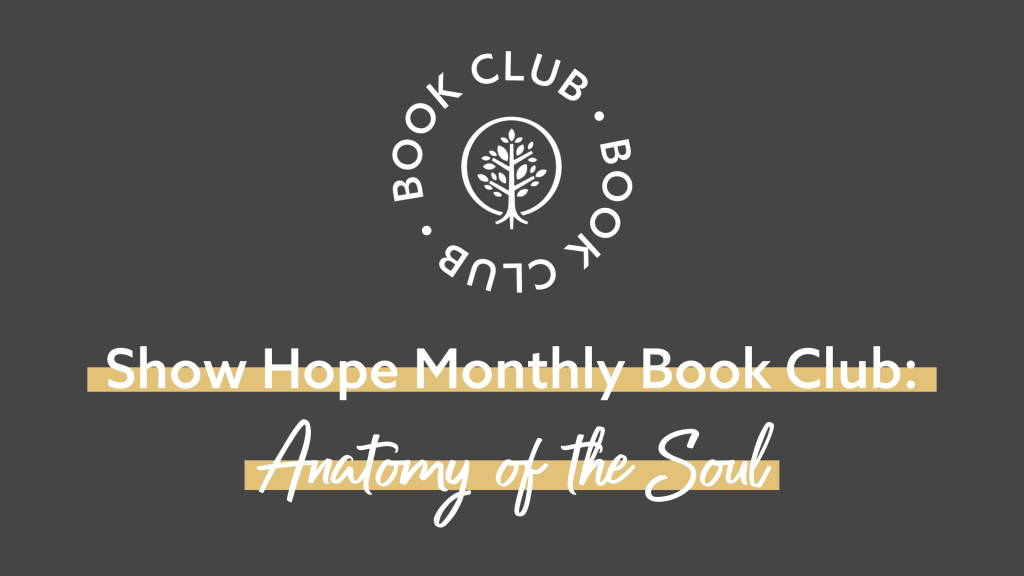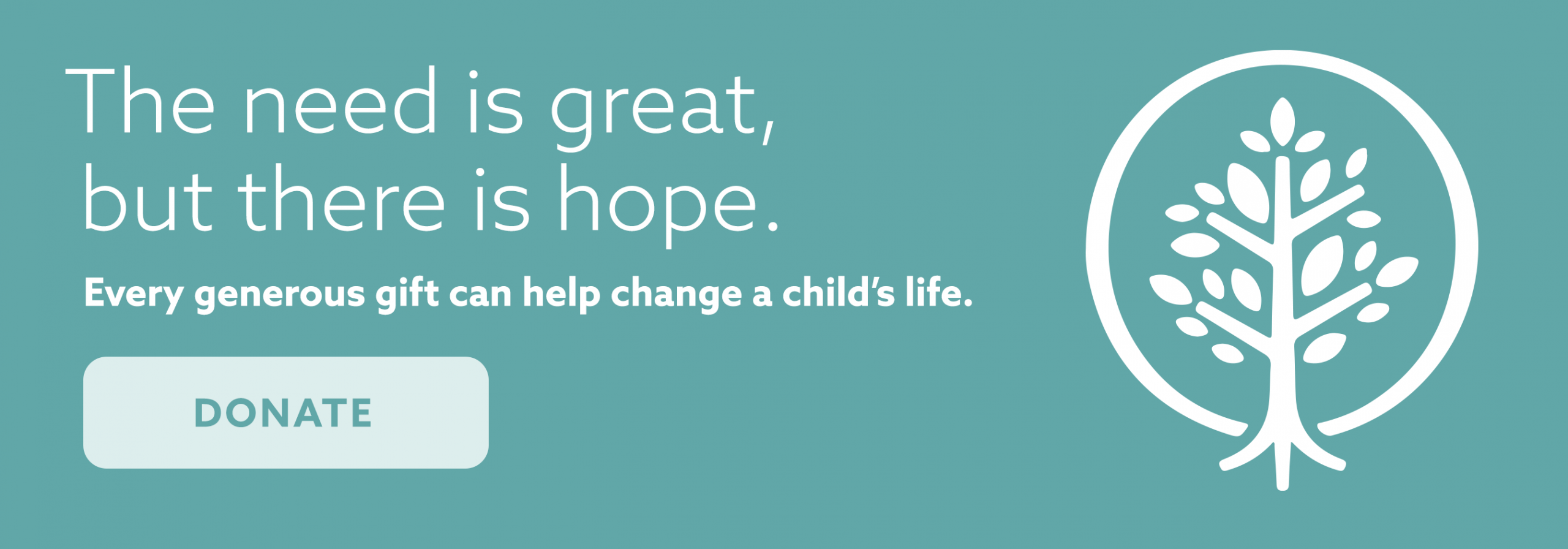Show Hope Book Club: Anatomy of the Soul

Anatomy of the Soul
“Dr. Curt Thompson does an incredible job of unpacking attachment theory and how it connects to our spiritual life and relationships. He helps us understand the brain and the beauty of how God designed it to work,” Show Hope Senior Manager of Adoption Aid Kate Johnson said. “Woven into [“Anatomy of the Soul”] are biblical connection points alongside practical exercises. This book was a turning point for me and my relationships. It is my No. 1 recommended book!”
We encourage you to follow the reflection questions and exercises located in the back of the book in addition to these questions to get started.
Reflection Questions
Chapter 1 – Neuroscience: A Window Into the Mind
Chapter one suggests that understanding God’s creation, in this case specifically neuroscience, will only help grow our understanding of him. Where else have you seen this to be true?
Chapter 2 – As We Are Known
“We have failed to see that this need to be right, to be rationally orderly and correct, subtly but effectively prevents us from the experience of being known, of loving and being loved, which is the highest call of humanity.” (Page 17)
Where have you seen this play out in your life?
Chapter 3 – Love the Lord Your God With All Your … Mind
Before reading this book, what would you say was your understanding of how the brain works? After reading, how would you think about how understanding the brain impacts your relationships—with yourself, with others, and with God?
Chapter 4 – Are You Paying Attention
Think about and discuss the following quote:
“From the viewpoint of neuroscience, what does it mean for us to pay attention? And how does paying attention affect all of our relationships, not least the one we have with Jesus?” (page 51)
Chapter 5 – Remembering the Future
Think about the memories you have from your life. Do you recognize any pattern in what you can and can’t remember?
Chapter 6 – Emotion: The Experience Of God
Think about and discuss the following quote:
“That’s because emotion is the very energy around which the brain organizes itself. Without emotion, life would come to a standstill. It is the means by which we experience and connect with God, others, and ourselves in the most basic way possible.” (Page 89)
Chapter 7 – Attachment: The Connections of Life
After reading the descriptions of the different attachment patterns is there one that stands out to you? Why?
Chapter 8 – Earned Secure Attachment: Pointing to the New Creation
Think about and discuss the following quote:
“If we suffer from insecure attachment, looking to God’s story in its fullness gives us the opportunity to move to a secure means of connecting with him and others. But this is where things get tricky. Even in the way we hear, understand, and attempt to enter into God’s story will be colored by the hues of our own.” (Page 138)
Chapter 9 – The Prefrontal Cortex and the Mind of Christ
Choose one of the integration exercises on pages 173 and 174 and put it into practice. What did you notice about the exercise? Where did you find it difficult? How have you seen growth since starting it?
Chapter 10 – Neuroscience: Sin and Redemption
Think about a time that you experienced a rupture and then repair. Are you able to identify the different types of rupture or the steps of repair in that interaction?
Chapter 11 – The Rupture of Sin
Reflect on the impact of fear and shame in your life. Can you identify a time when one or both of these things drove you to action?
Chapter 12 – The Repair of Resurrection
“What would life be like for us if we not only assented to [the message of the gospel] but imagined this declaration is true? Imagined that the gospel is not primarily about a set of facts, although facts are involved. That it is not all about meeting the ‘right’ behavioral standards. Rather, the gospel is the declaration of the reality of Relationship. A declaration that we are to be known. That the physical world is to be known (the earth can’t wait to get there, by the way—recall Romans 8:22). That God is to be known.” (Page 221)
How would living like this change the way you think? How would this change the way you interact with others?
Chapter 13 – The Mind and Community: The Brain on Love, Mercy and Justice
Think about a community that you are part of. How do you see these things reflected in that community? Where could you grow to incorporate more?
Join us for a double feature in reading next month’s books “Stellaluna” by Jannel Cannon and “A Mother for Choco” by Keiko Kasza.


